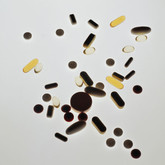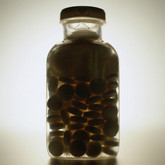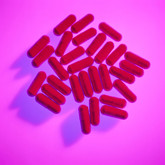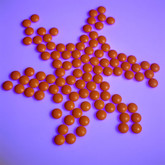Biosimilars/News
|
Posted 04/11/2011
GE Healthcare, the health business of General Electric, provides advanced cancer diagnostic and molecular imaging capabilities, as well as technologies for the manufacture of biopharmaceuticals and for cancer research. Its presence at the European Multidisciplinary Cancer Congress 2011 in Stockholm indicated its commitment to strengthening cancer diagnosis and care. Similarly at the 53rd Annual American Society for Radiation Oncology Meeting in Miami Beach, Florida, USA, it was showcasing a number of new tools designed specifically for the needs of radiation oncologists.























